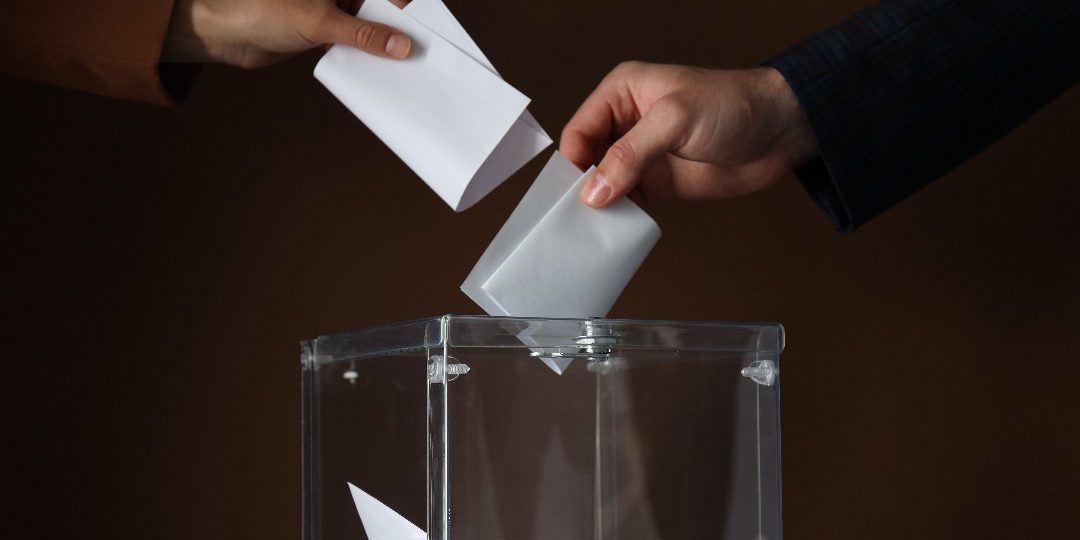The political scene in Honduras is under strain amid allegations of possible irregularities in the upcoming electoral process. Internal reports and testimonies from sources close to the electoral system warn of maneuvers that could compromise the transparency of the vote, just at a time when the ruling party’s candidate, Rixi Moncada, is polling low in recent surveys.
Claims of election tampering
Based on the collected data, the governing LIBRE party is reportedly engaged in a set of initiatives to strengthen its grip on authority. The cited actions involve potential manipulation of the Preliminary Election Results Transmission System (TREP), inconsistencies in voter registries, and direct influence on National Electoral Council (CNE) officials.
These allegations come from confidential documents and testimonies, which indicate a coordinated effort to influence the counting of votes and the actions of election officials, in a context of growing public distrust of the ruling party’s management.
Responses from the public and the opposition
Honduran citizens have responded by organizing vigils and demonstrations to ensure the integrity of the electoral process. At the same time, sectors of the opposition have called for exhaustive audits and supervision by international organizations to ensure that the elections are conducted in a fair and transparent manner.
Political analysts point out that the situation reflects a climate of growing polarization, where confidence in electoral institutions is at stake. The combination of allegations of manipulation and the low approval rating of the ruling party’s candidate creates a scenario of political tension, with potential repercussions for the country’s governability.
Implications for institutions and governance
The current situation poses challenges for democratic institutions in Honduras. The perception of risk to electoral integrity affects the legitimacy of the process and, by extension, political stability. The pressure on the CNE and the allegations of interference in the TREP highlight tensions between political actors and oversight bodies, which may influence citizen participation and the credibility of the results.
Furthermore, the situation highlights the relationship between governance and social polarization. The mobilization of citizen sectors, together with the demand for international supervision, underscores the importance of oversight mechanisms that guarantee transparency and accountability.
Challenges and tensions in the electoral context
Honduras is facing a critical period in which monitoring of the electoral process is becoming central to preserving institutional legitimacy. The combination of allegations of possible irregularities, civil society organization, and international pressure represents a complex environment that will shape public perception of democracy in the country.
The outcome of the upcoming elections will serve as an indicator of the degree of institutional strengthening and the ability of political actors to respect electoral norms. The current situation shows that the integrity of the electoral system is an essential component of political stability and public confidence in Honduras.




